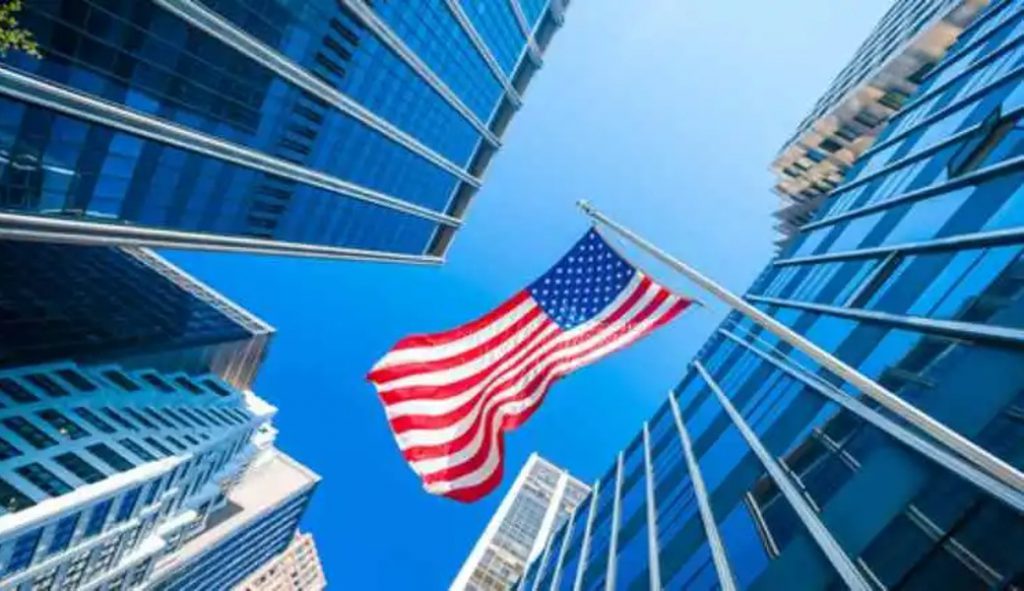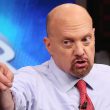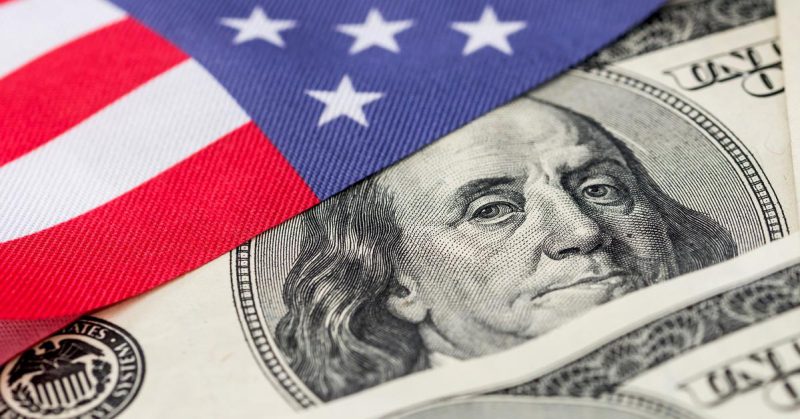The U.S. economy added more job openings in January 2024 with with over 335,000 positions open for employment. The robust U.S. economy led gold, silver, and the broader commodity markets to dip this week. Gold prices remain in the red and could slip below the $2,030 mark as the U.S. economy is growing stronger. The U.S. dollar index (DXY) climbed above the 104 mark and the currency is rallying in the charts.
Also Read: China’s Stock Market On the Brink of Collapse
However, despite the recent positive growth, billionaire investor Paul Tudor Jones is not convinced the U.S. economy is doing well. The billionaire said in the latest interview that the U.S. economy is growing because it’s been kept alive on steroids. The latest performance is a smoke show in tricking Americans into believing the U.S. economy is well, he said.
Read here to know how many sectors in the U.S. will be affected if the economy heads south. The development could lead to massive job cuts and invite hyperinflation across the American homeland.
Also Read: BRICS Will End U.S. Dollar Dominance, Says Wall Street
U.S. Economy On Steroids, Says Billionaire Jones


Jones highlighted the government’s rapid increase in borrowing and spending that is driving the latest growth. He explained that the phenomenon will eventually catch up on the economy and the ‘boom bubble’ could soon burst. He also stressed that the growth is unsustainable and the big deficit spending will soon be felt in the markets.
Also Read: Institutional Investors Dump U.S. Stocks At Record Pace
The U.S. economy is “on steroids” he said during an interview with CNBC. “We’re fast-pouring consumption like crazy. It should be going gangbusters because we’ve got an economy on steroids, and it’s unsustainable”.
The billionaire also called the $34 trillion debt a ticking “debt bomb” that could lead to “fiscal recklessness”. When asked when does he believe the market’s mask could wear off, he answered, “It could be this year, it could be next year”.





